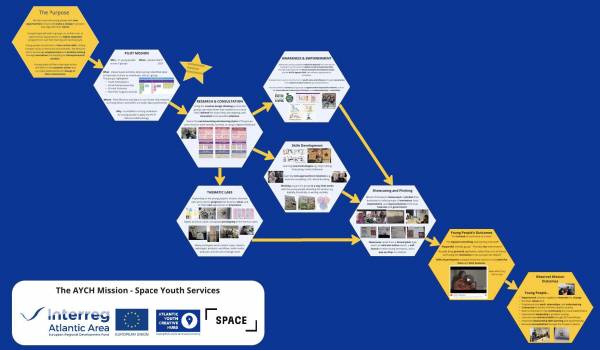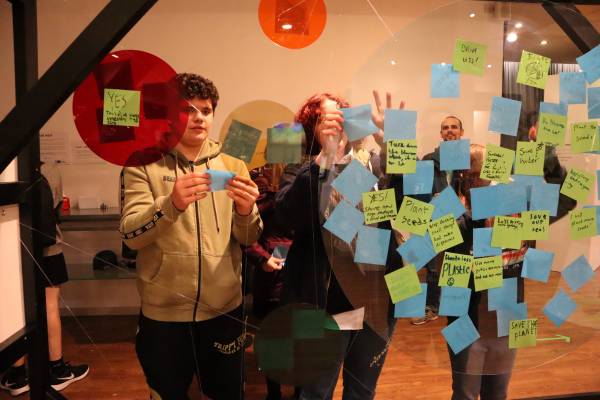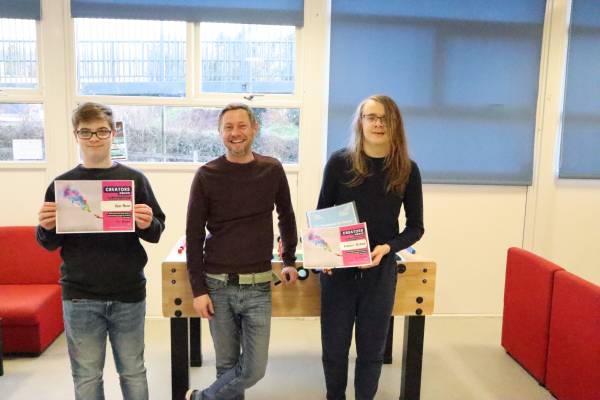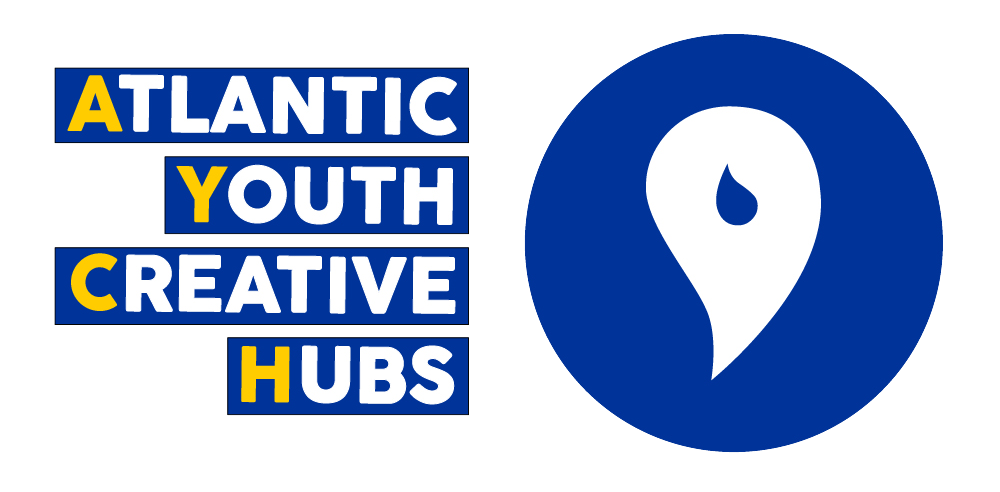SPACE Youth Mission
Overview The AYCH Youth Missions aimed to provide a tailored journey through issues that concern young people, led by young people, in a way that works for young people. We kept sessions informal in their delivery and learning styles to maximise inclusivity. We targeted young people aged 16-22, with varied learning needs, so the Missions had to be flexible and inclusive in nature to be accessible for all young people. In advance of each session, we built in short consultations with the groups, so that young people can dictate the next steps in the journey. This required a flexible approach, with loose plans that can be adapted and focussed on short notice. We used Miro, and plenty of physical resources, to support delivery - this was so Young people can engage in a way that suits their needs and is adaptable between sessions. Delivery took place over 10 weeks, and in small groups of 1-6 young people, so we could give each young person the time they needed to explore new concepts.
Research and Consultation In the first session, we ran consultation activities to learn about the values base of each group. This was hosted mainly on Miro, though some young people preferred to work with pen and paper, and even few still preferred to work verbally. The resources we used, then, were a prompt to start the conversation. These sessions were built around the creative design thinking process, and delivered as a ‘design sprint’, though it was important not to give too much information at the start of the session about what we were doing and why, so that young people can engage without preconceptions and embrace the process. The CDT sprints yielded several ideas, but we chose only one per group to take forward. The ideas selected were the ones that aligned most with the groups’ personal values. The idea here was for young people to be passionate and motivated about the projects, but still with the ability to make change with their expertise and resources.
Awareness and Empowerment These sessions took learning and project work beyond the room we were working in to bring frameworks such as the UN Sustainable Development Goals, and the AYCH Agenda 2030 to the forefront. The idea here was to connect the groups to ideas of sustainable and social entrepreneurship, beyond their groups. Where possible we connected groups to small local businesses for consultations and Q&As. This included a two-way conversation between young people and local organisations such as Exeter Science Centre, and between groups as in the case of Care Kids Talk and CR Visual Arts. This was important to help young people feel connected to the wider ecosystem of entrepreneurship, so they can consider how their projects fit into enterprise in Devon and beyond. We tried to connect young people to further opportunities with space, stakeholders, and the wider AYCH partnership. This helps young people have a broader understanding and longer connection with entrepreneurship.
Thematic Labs These sessions had to be versatile in their delivery, as it depended on the project as to what the groups needed from the Thematic Labs. We offered access to technologies we had readily available within Space, but also tried to make connections where the technology and expertise was lacking. Lab sessions were given without too much planning/steering from Space, so young people can keep ownership of their projects - only when they were struggling/asking for help did we step in to support. All groups prototyped both a visual identity for their businesses, and the products themselves. This was important for the groups to build not only a product but a business to support it. Many of the young people benefitted from being able to physically see their work come to life, which is motivating and takes work from being conceptual to practical.
Skills Development These sessions had two sides, both complimentary to building the youth missions. One side focussed on business development tools, e.g. Modelling, USP, Mood Boarding etc… whilst the other side focussed on the technologies that could be used to develop a product e.g. podcasting tech, vinyl cutting, and design softwares. These sessions were treated more like workshops with young people learning a basic concept, and given the time to explore this in a hands-on way with support from Space. This form of experiential learning, with time for reflection, was useful for the groups to find their own way, and take accountability for their work. It was therefore immediately applicable to their projects.
Showcasing and Pitching These sessions were important to provide a steer for the groups to work towards. Having a milestone introduces time pressure, and a platform to celebrate their work creating a purpose for progress. Showcases were varied in their style, and dependent on the confidence level of the young people, as well as the format of the product. Services were more easily showcased in online spaces, whilst products were more easily showcased at community events. We hosted a couple of pitch style events which linked back to awareness and empowerment sessions as the groups were encouraged to have an open and even conversation with the stakeholders present.






